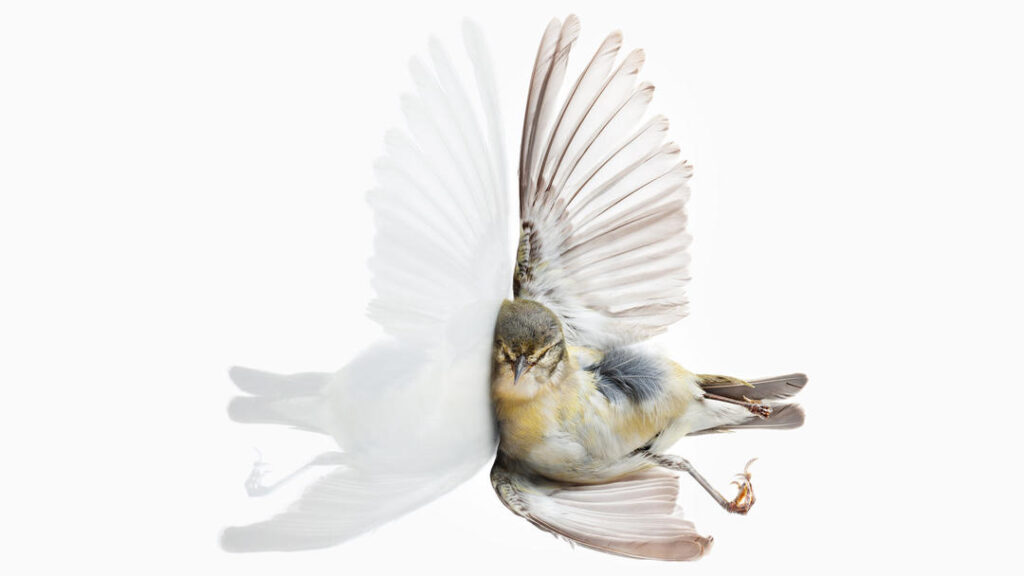Note: If you wish to receive, via e-mail, (1) my weekly newsletter or (2) daily copies of these posts, notify me at rrbates1951@gmail.com and indicate which you would like. I promise not to share your e-mail address with anyone. To unsubscribe, send me a follow-up email.
Wednesday
Yesterday a junco killed itself by flying into one of our windows. An old Lucille Clifton poem came immediately to mind.
Apparently birds flying into windows is a serious problem. The Nature Bird Conservancy estimates that such collisions kill between 365 million and one billion birds annually in the United States alone. In reflected images of nature, birds see promises of food, shelter or escape routes—in other words, opportunity—which are then cruelly thwarted.
That’s the lesson that Clifton draws in her poem “for the bird who flew against our window one morning and broke his natural neck”:
my window
is his wall.
in a crash of
birdpride
he breaks the arrogance
of my definitions
and leaves me grounded
in his suicide.
Clifton wrote her poem in 1972, six years before feminist Marilyn Loden first used the metaphor of “glass ceiling,” but it captures the same idea. One think one has limitless possibilities, only to get brought up short by prejudice. Clifton’s poem could describe any number of privileges (white privilege, male privilege, monied privilege). A window of opportunity for some can be a wall into which others crash.
The privilege that Clifton begins with is human privilege. After all, windows are our inventions and we use them for our benefit. As the Bird Conservancy article notes, most of the time “humans can use door frames and other visual clues to anticipate the presence of glass and avoid collisions.” Clifton is not an aggrieved party here.
But as one looks closer at the poem, one realizes Clifton is seeing her own situation as a Black woman in the bird’s tragedy. After all, what she describing is a human phenomenon, not an avian one. Birds are not proud or arrogant when they crash into windows, nor can their deaths be regarded as suicide. It’s as though Clifton uses the death to remind herself that when she confidently assumes that her talent will allow her to rise above her racist society, the bird reminds her that there are barriers, often invisible, that she will crash into. While she may initially have thought that she defines the parameters of her life, she now realizes that was her “birdpride” speaking. The bird’s death grounds her in the reality of her life.
The word “arrogance” puzzled me for a while, but I don’t wonder if she is concerned about looking down on others of her race and gender who haven’t succeeded as she has. I talked about this issue with Nikki Haley in yesterday’s post and it’s the case with Supreme Court Justice Clarence Thomas as well. When they attack affirmative action (Thomas) or claim that there’s no systemic racism is America (Haley), they use their own lives as proof. If they have made it, everyone should be able to.
I think that Clifton is using this poem to caution herself against such arrogance. She is not exempt from the dramas that beset her fellows, who too often stun themselves against the glass windows, or ceilings, of prejudice. Don’t think you’re better than they are, she reminds herself.


